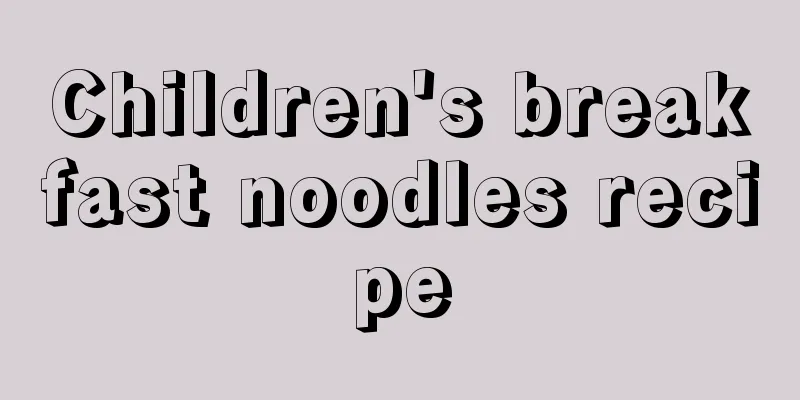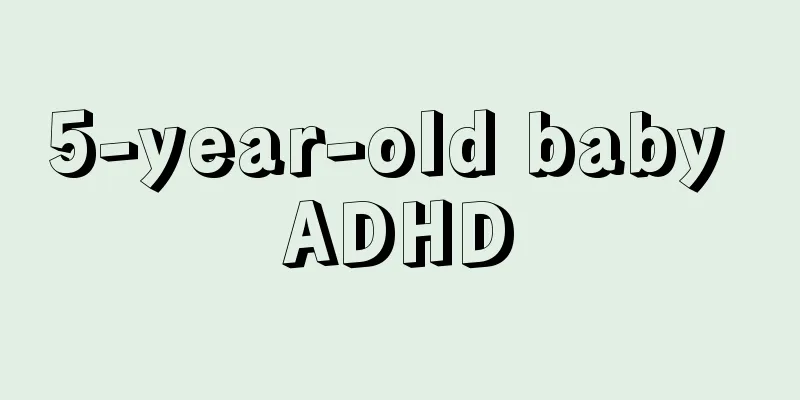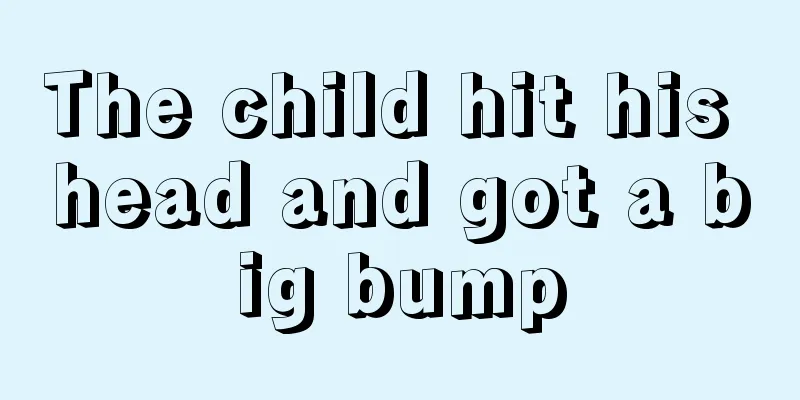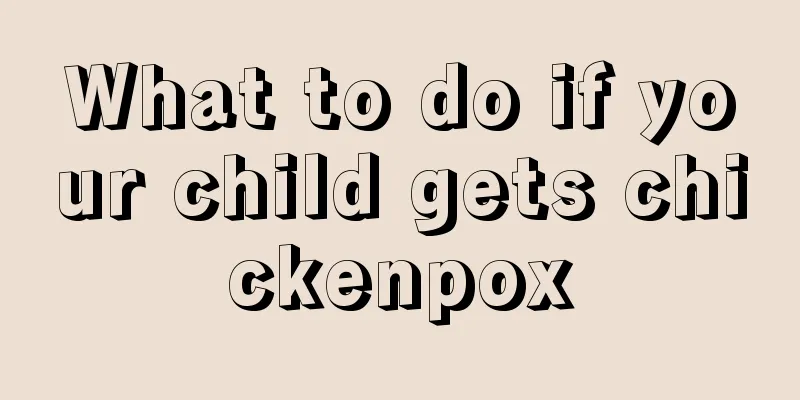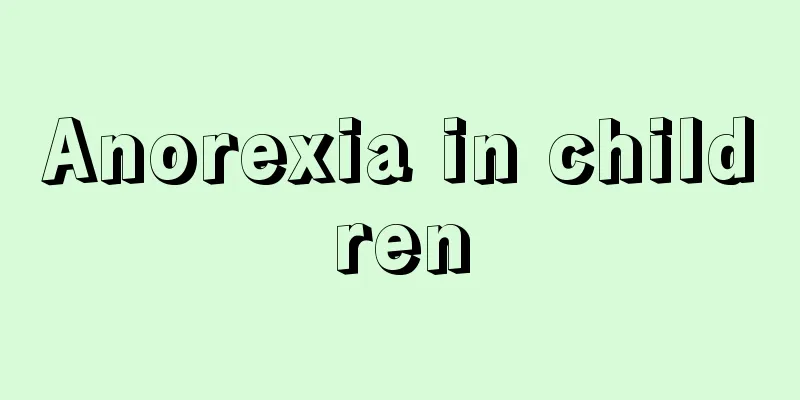If your child has these symptoms, it may be ADHD
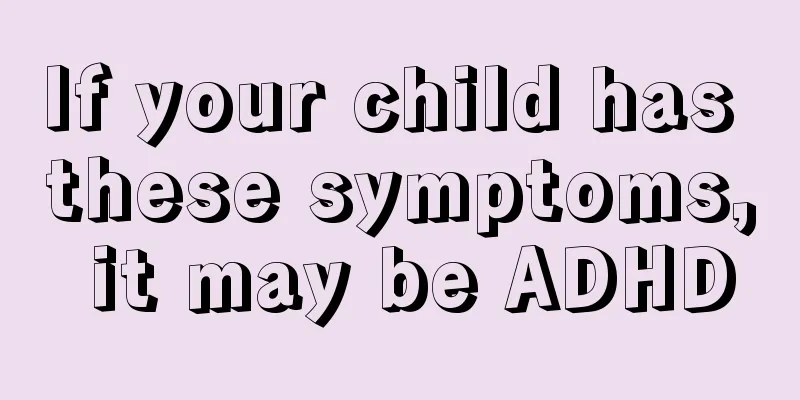
|
Children cannot communicate well due to their young age, so if they have ADHD it may not be discovered quickly. If parents find that their children have symptoms of inattention, excessive activity, impulsivity, learning difficulties, psychological changes, and neurological developmental disorders, they should pay full attention and seek medical treatment in a timely manner. 1. Inattention: The child has inattention and is not persistent, lacks subjective control, and cannot concentrate in class; the object of attention frequently shifts from one activity to another; when doing homework, he cannot concentrate, does it halfway, and is careless and sloppy; he starts things but does not finish them, often giving up halfway or switching frequently. 2. Too much activity: manifested by an obvious increase in activities, excessive restlessness, inability to sit still in the classroom, twisting and turning in the seat, making small movements, looking around, affecting classroom discipline; running around aimlessly after class; talking too much, being noisy, interrupting, and making trouble to attract other people's attention; liking to watch and play dangerous games and often losing things. 3. Impulsiveness: emotional instability, irritability, temper tantrums, willfulness, poor self-control; easily overexcited by external stimuli, easily frustrated; acts without considering the consequences, engages in dangerous or destructive behavior, and does not learn lessons afterwards; often makes trouble as he pleases, destroys things, steals, fights, and stirs up trouble. 4. Learning difficulties: Children with ADHD are not intellectually deficient, but about 60% of them have learning difficulties, which are mainly manifested in poor academic performance, which is related to inattention, hyperactivity, and the severity of the disease. 5. Psychological changes: emotional instability, stubborn personality, some are restless, like to meddle in other people's affairs, act rashly, and have difficulty falling asleep; some are slow to react, lazy, procrastinate on homework, are emotionally fragile, cry and laugh easily, are not sociable or like to associate with younger children; some develop inferiority complex and rebel, and even run away, commit crimes or commit suicide. 6. Developmental disorders of the nervous system: About half of the children have soft signs of the nervous system, which are manifested as clumsy rapid alternating movements, uncoordinated ataxia, inability to walk in a straight line, difficulty standing with eyes closed, positive finger-to-nose test, and inflexible fine motor skills. Some children may have visual-motor disorders, spatial position sense disorders, etc. |
<<: What should I do if my child’s butt is red and itchy? These methods work great!
>>: What causes heart pain in children?
Recommend
What to do if children feel dizzy, nauseous and vomit
Nowadays, many children suffer from many diseases...
Treatment of wind-heat cough in children
When children catch a cold, they usually have fev...
What to do if your child has stomach discomfort
The stomach function of children is not fully dev...
What to do if your child has a sore neck
Cervical spondylosis is a relatively common disea...
What to do if your child has abnormal brain waves
When I took my child to check his brain waves, th...
Are mosquito coils harmful to children?
Parents are responsible for their children's ...
Hand, foot and mouth disease in children
Hand, foot and mouth disease is a common disease ...
How to deal with spots on baby's face
If there is an abnormality in the baby's body...
The child is almost 2 years old and still can't speak
We all know that some children start talking earl...
How to communicate with your baby
Parenting is very technical, especially when it c...
What medicine should children take if their tongue is thick and white?
A person's tongue can reflect whether certain...
What should I do if a 12-day-old baby has a fever?
When a baby is just born, it has been separated f...
What anti-inflammatory drugs can be used for a 32-month-old baby's cough?
Cough is one of the common symptoms among people....
What are the benefits of baby spinach puree?
The baby's body is fragile, so we need to pay...
What should I do if children’s hands are peeling?
We all have experienced peeling skin. There are m...
